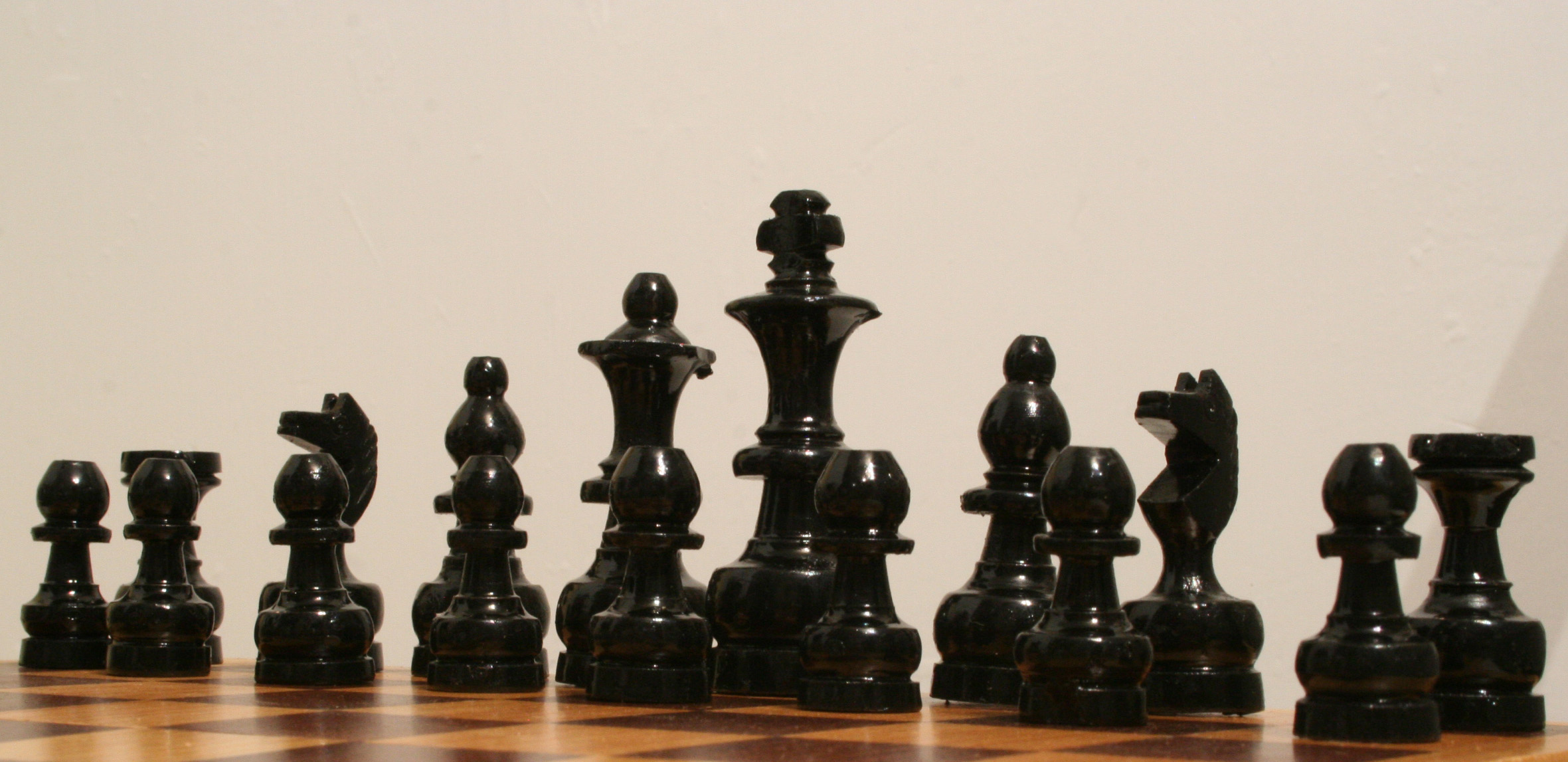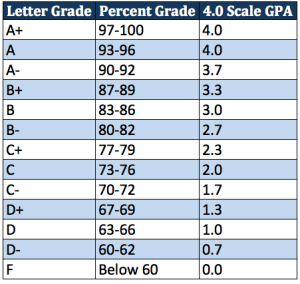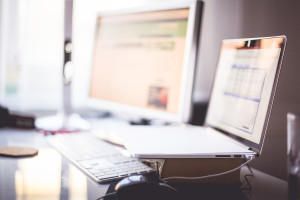 If you have an upcoming test, this might be a common scenario.
If you have an upcoming test, this might be a common scenario.
After the initial anxiety rush, you start making a plan to study. It’s likely that most (or all) of your attention goes to when and how you’re going to prepare.
For example, you think of your classes and other various activities that take time during your day, and then make a mental note of the time period when studying will happen. Then your mind shifts to how you’re going to prepare. So, you might reflect on creating an effective study guide, going over the guide, reading relevant articles, etc. (View the Chip Away Strategy, which has been amazing for other successful students and my preparation for exams.) With all that going on, planning where you study can be an afterthought.
But, today we are going to look at how your study environment affects your study habits. Below are different elements that can play a role in encouraging or discouraging a focused study session to help your retention for an exam.
1) People
Studying with an individual or a group can be really helpful or distracting, depending on the people. If you can find classmates studying for the same exam that understand the material better than you, then this is a good idea to ask them questions to help you.
If you’re in a scenario where someone hasn’t come to class in a week and wants to study with you, then it’s probably best to stay away or else you’re going to do a two-hour tutor session for free—just to catch them up on the basics—and sacrifice your own test grade.
Another dangerous scenario is if you have a big exam and your studying with your friend who only has twenty minutes of homework. The problem lies in that they probably won’t understand your urgency to study, because they’re not pressed for time, and will interrupt your focus with comments about anything and everything. So, if you’re already in that situation with a friend, you can tell them, “I would love to hangout. But, I really need to do well on this exam. Let’s do something tomorrow.” This way, you’re getting your point across without being a jerk.
Ideally, you want to know if you do or don’t study well with people before making a decision.
2) Location And Resources
When you’re trying to choose the right location, you need to consider these aspects.
Distance to essentials – I consider essentials to include a laptop charger outlet (or desktop computer), bathroom, and possibly an option for food or a drink. By thinking of these things, you’ll have a better perspective when picking your study location.
Physical feeling – It’s important to be comfortable to maximize productivity, just don’t be too comfortable. So, studying on your bed late at night might not be the best idea if you’re feeling tired and need to study a couple more hours. The same is true for sitting in an uncomfortable wooden chair. You don’t want to spend your time readjusting your bottom and thinking negative thoughts when you need to focus. Get your body right, so your mind can take over.
3) Atmosphere
Atmospheric factors might be unusual to consider, yet they are important in finding a quality study location.
Music or background noise – People go back and forth all the time about the question is listening to music helpful or distracting when studying? I think this answer depends on the context and your preferences.
If preparing for your exam requires reading, then shy away from fast and loud music. Research from Glenn Schellenberg, a professor at the University of Toronto, indicates that fast, loud background music hurts reading comprehension, “The reason why it’s a mess is you have cognitive limitations. If you’re doing two things at once you don’t focus as well.” This makes sense because your brain is going to be stretched thin, figuratively, as it listens to the fast, loud music and tries to remember what it’s reading.
Schellenberg also said, “On the other hand, we know that music changes how you feel, and often it can change how you feel in a positive way.” I agree with this statement because music gives me noticeable positive energy.
So, I try to listen to instrumentals that are at least one-hour long and on the lowest, or second-lowest, volume option. Bottom line is that music can help you focus if it’s not heavy on lyrics when you need to read, memorize, or conceptualize words.
As for background noise, you need to learn for yourself if you do better in silent settings or locations with loud, white noise.
Temperature – Because most people study inside, considering temperature of a study location isn’t high on the priority list either. However, you want to avoid a place that is so cold that you’re distracted, or so warm that you’re feeling sleepy. Both situations lead to lack of focus on what matters, the exam material.
No matter the season, I find it a good idea to bring a sweatshirt to my study location (usually the library) because I can leave it off if I feel good and put it on if I’m cold.
Lighting – The bright sun on your computer screen can cause your eyes to strain and get tired quickly, and a dark-booth corner in a cafe can cause your eyes to shut. Next time you’re about to sit down and study, think if the lighting is conducive to learning.
4) Distractions
Even if you find the perfect place to study, you still can do extra work on your part to maximize your studying productivity. For one, turn your cellphone off or put it in your bag. Once your zoned-in, you’ll forget about your phone.
Also, a new tip that I’ve been using to limit distraction on my laptop is to work in one window, with no tabs, that is full-screen. This works for me because it further limits my temptation to look at an unrelated tab, social media, or the clock.
Lastly, a clean work area is a smart work area. If you’re inclined to procrastinate, any object (stapler, scissors, etc.) on your desk can be the rabbit hole that sets you back from focusing, so get it out of sight before it tempts you.
Final Words
You’ll need to understand your previous study experiences and define your personal preferences to create the perfect study environment. By taking time to consider the elements above, you can go deeper to find where you are productive.
I haven’t found research that supports the claim that your study environment is more important than your study habits, yet it is interesting to question the way we prepare for an exam. The purpose of questioning, and this post, is in the hope of finding a consistent action-plan that suits you for high exam scores, and a high GPA.
So, next time you’re preparing for an exam, remember to not only think of when and how you’re going to study, but also think about where: because your study environment affects your learning.
This might go without saying, but if you’re studying and extremely focused, then stay put. If you’re distracted, then move somewhere else—it’s worth it.
Once you’re ready for the exam and you don’t commit these dumb exam mistakes, then all your hard work will pay off.
Want 80 tips to dominate college? Learn more about my Amazon bestselling book How To College.


